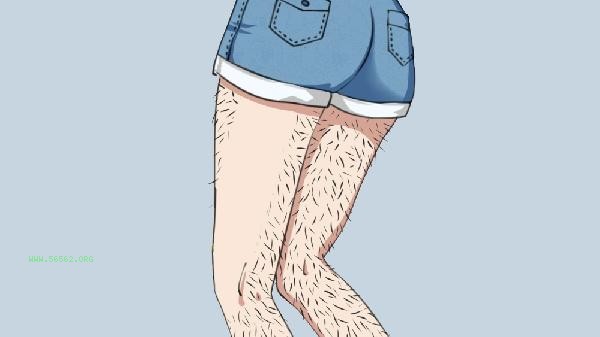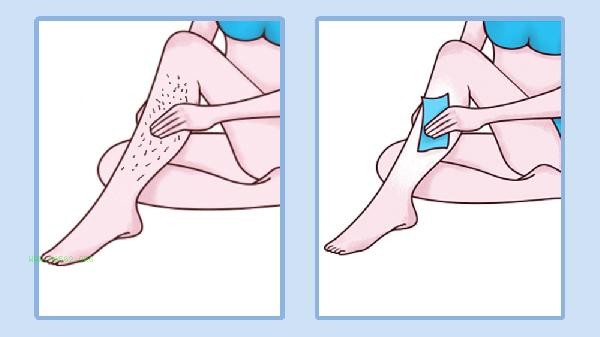White hair may be related to a lack of nutrients such as copper, iron, zinc, B vitamins, and protein. Long term insufficient nutrient intake or metabolic abnormalities may lead to impaired melanin synthesis, resulting in increased white hair.
1. Copper
Copper is an important cofactor of tyrosinase and participates in the synthesis of melanin. Insufficient copper in the body can affect the conversion of tyrosine to melanin, leading to decreased function of melanocytes in hair follicles. Animal liver, shellfish, seafood, nuts and other foods are rich in copper, which can be supplemented in moderation in daily diet.
2. Iron deficiency
Iron deficiency may lead to anemia, reducing oxygen and nutrient supply to hair follicles. Iron deficiency anemia patients often have symptoms such as dry hair and premature graying. Red meat, spinach, black fungus and other iron rich foods are recommended to be consumed together with vitamin C to promote absorption. Long term vegetarians need to pay special attention to iron supplementation.
3. Zinc
Zinc is involved in protein synthesis and cell division, and is crucial for hair follicle health. Zinc deficiency can lead to decreased hair pigmentation and slow growth. Oysters, beef, pumpkin seeds and other foods have high zinc content, but excessive intake may interfere with copper absorption, so it is important to pay attention to balanced supplementation.
4. Vitamin B family
Vitamin B7 and B12 deficiency is closely related to the formation of white hair. B-complex vitamins are involved in energy metabolism and neurotransmitter synthesis, and their deficiency may affect the function of melanocytes in hair follicles. Whole grains, eggs, dairy products, and other foods are rich in B vitamins, and people who abuse alcohol or have digestive and absorption disorders are prone to deficiency.
5. Protein
High quality protein is the raw material for hair keratin synthesis. Long term insufficient protein intake can lead to thinning and whitening of hair. High quality protein sources such as fish, soy products, and lean meat should ensure daily intake. Patients with extreme dieting or poor protein absorption may experience diffuse white hair growth. In addition to nutritional factors, genetics, stress, thyroid disease, and other factors may also lead to white hair. It is recommended to maintain a balanced intake of nutrients and increase the intake of foods rich in the above-mentioned nutrients appropriately. When sudden large amounts of white hair or other symptoms occur, timely medical attention should be sought to investigate potential causes such as thyroid dysfunction and autoimmune diseases. Regular sleep patterns, reducing mental stress, and avoiding excessive perming and dyeing can also help delay the process of white hair.









Comments (0)
Leave a Comment
No comments yet
Be the first to share your thoughts!